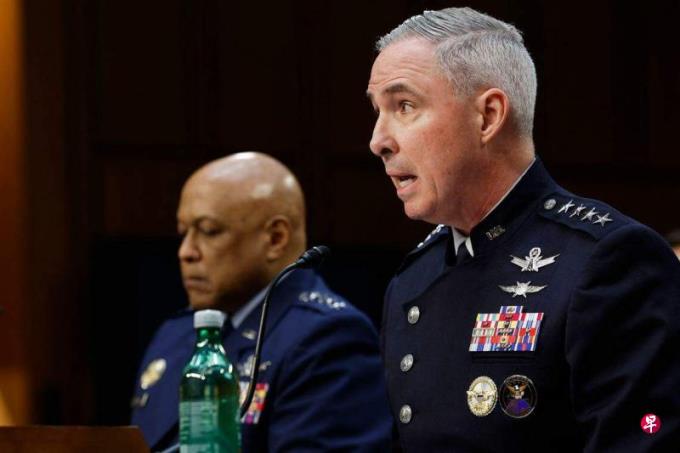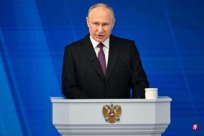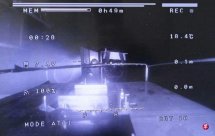
(Bloomberg, Washington) The commander of the United States Space Command Huai Ting said that China is developing space military capabilities at a "amazing speed" to fight against the US satellites and improve its ability to monitor and target the power on the planet.
Wai Ting Thursday (February 29) pointed out at a hearing at the Senate Military Commission that China is seeking development of advanced space weapons and has made progress in satellite meteorology, manned space and robot space exploration.
He said that the number of satellites in China has doubled since 2018 to 359, and some of the newly deployed satellites may be a weapon that disrupts US assets.In addition, Beijing is also developing advanced space weapons such as hypersonic aircraft to break through the traditional missile early warning and defense system.
Wai Ting believes that China is developing its military capabilities and anti -space capabilities at an amazing speed, and the most worrying thing is that China has "studied our dependence with us to space" and is quickly formulatingPlans to threaten the US satellite system.
China Promoting the United States to stop spreading false and unrealistic remarks
In this regard, Zhang Xiaogang, a spokesman for the Chinese Ministry of National Defense, showed that the United States expanded its military strength with the pretext of so -called other countries' threats, and China resolutely opposed it.
He said: "We urge the United States to abandon the Cold War Zero and game thinking, stop spreading false and unrealistic remarks, stop preparing for the army in space, and truly responsible for the responsibility to prevent serious impact on global strategic security and stability."
Wai Ting also focuses on Russia, saying that Russia's conventional military offensive capabilities lost due to the Ukrainian war will be difficult to recover.This will force Moscow to rely more on nuclear weapons, networks, and space capabilities, including disruptive technology, which may become asymmetric ways to achieve strategic goals in Russia.




